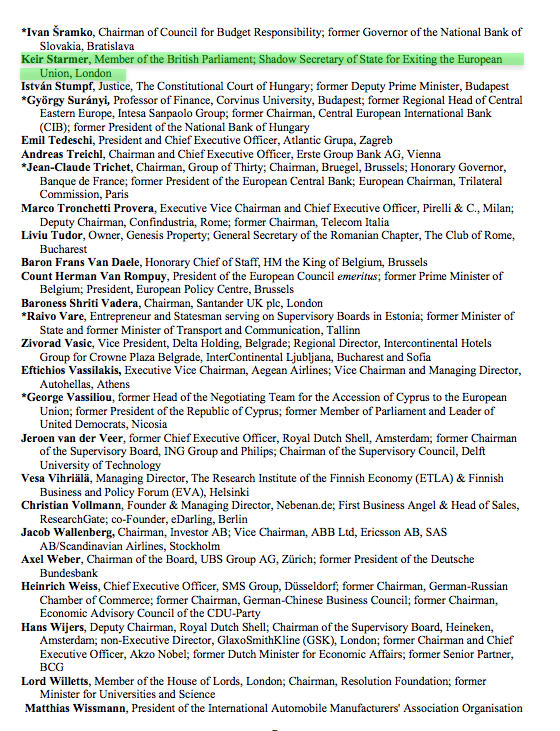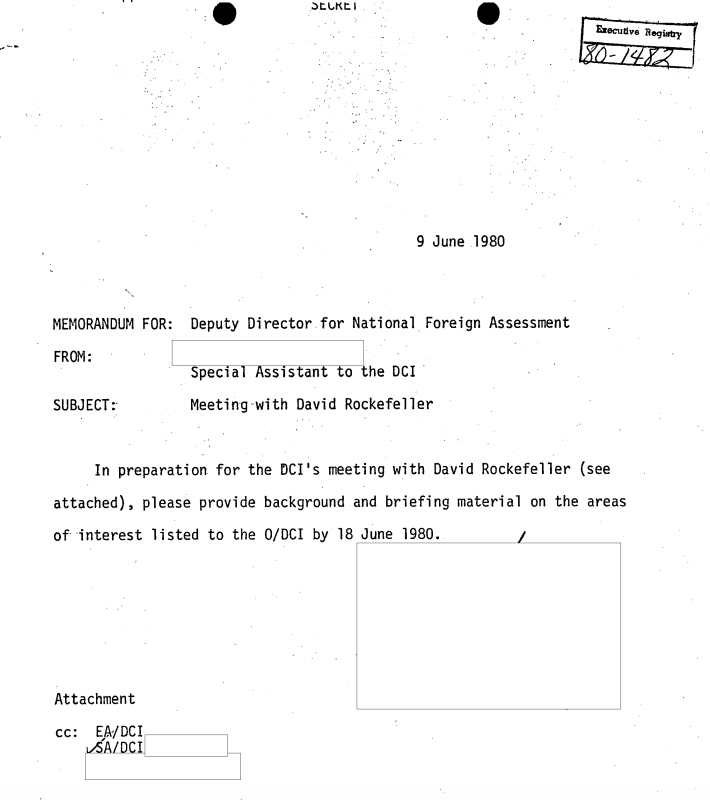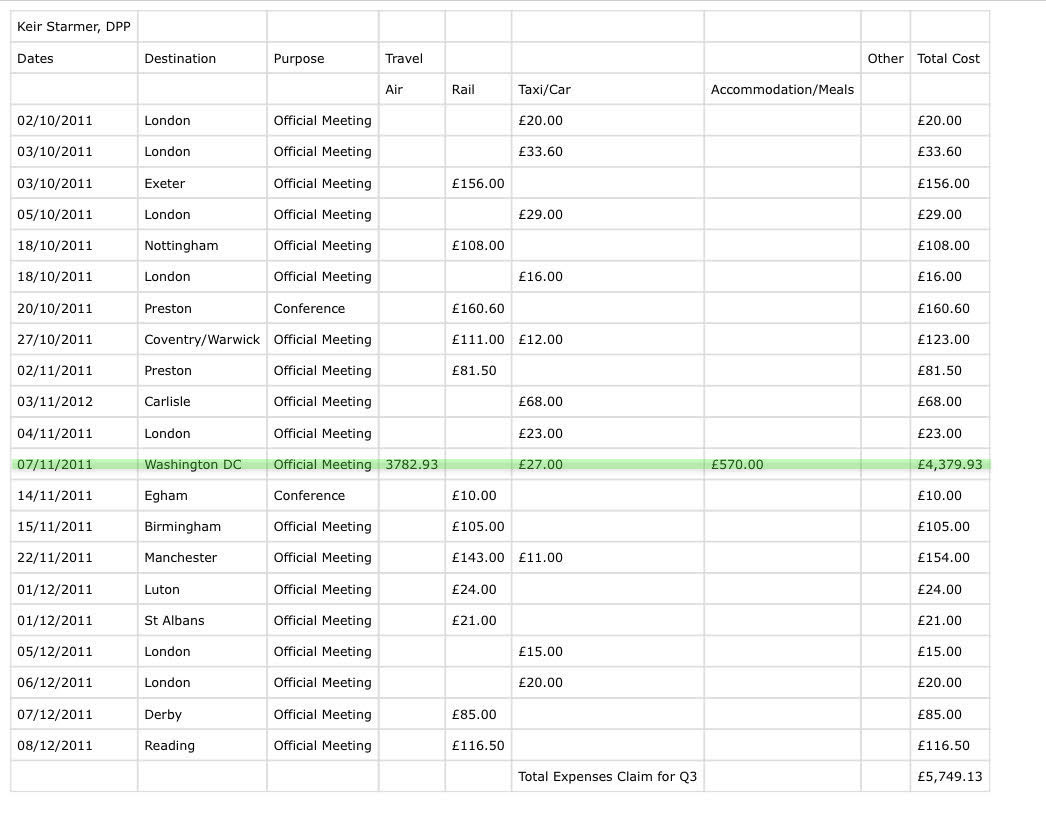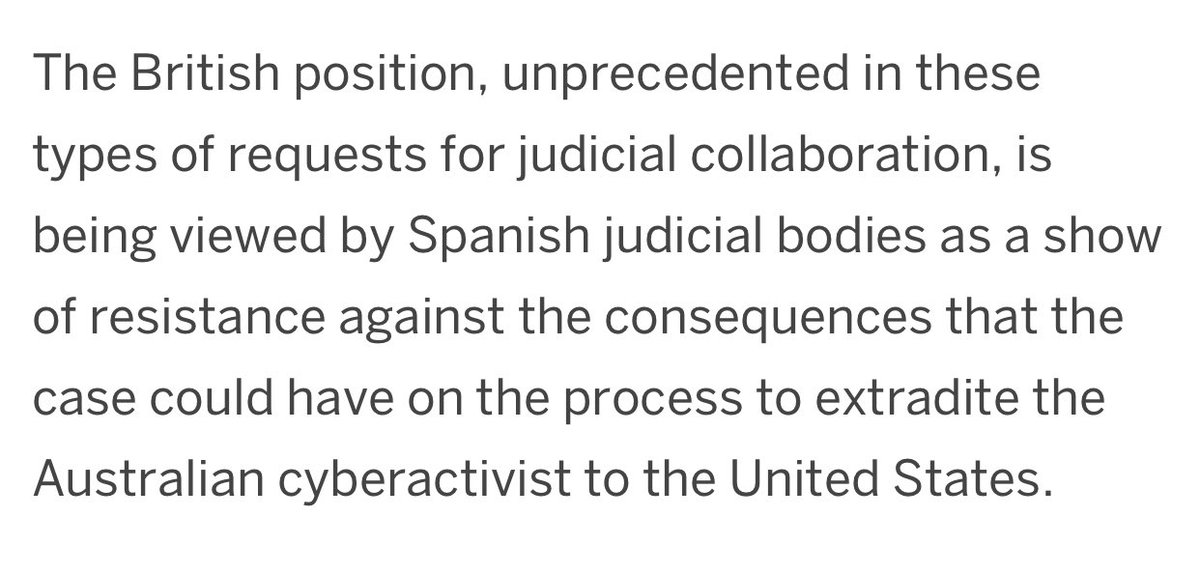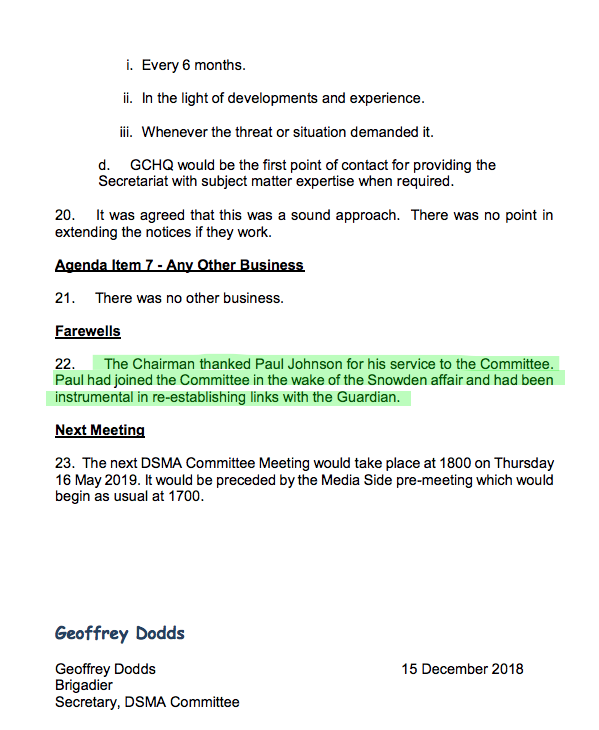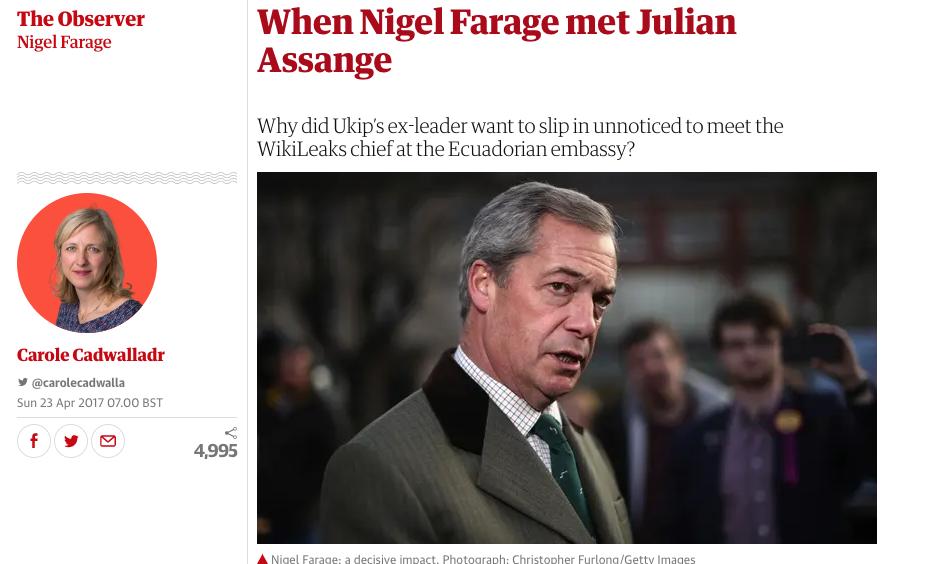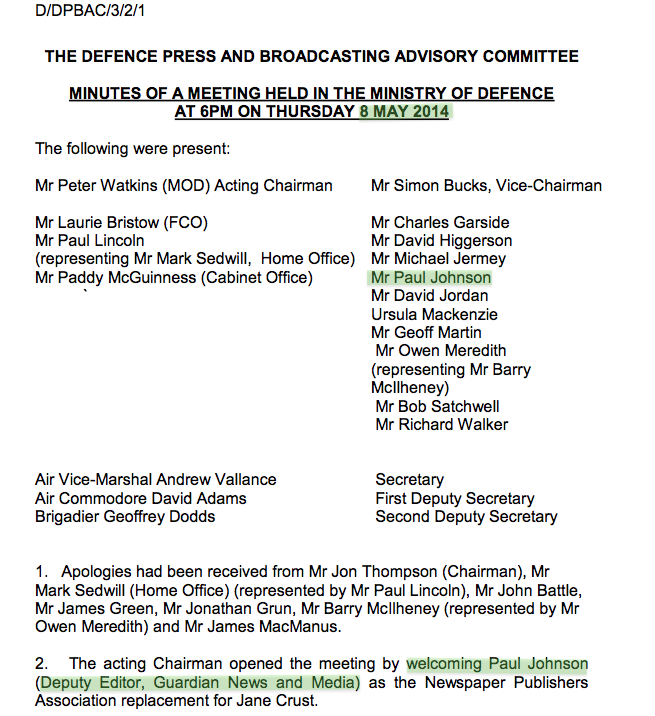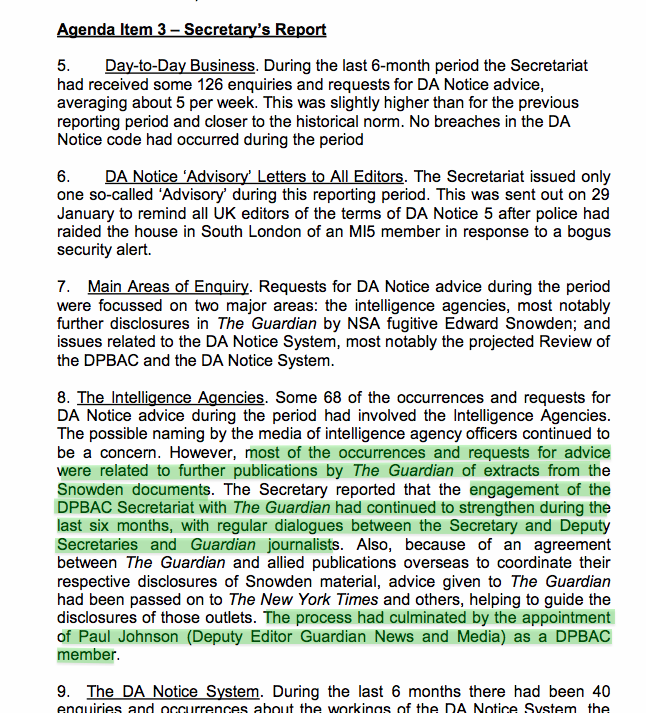The Commission is, however, a secretive org—it’s meetings are off-the-record. Starmer has not mentioned his membership publicly, despite being only UK MP member.
A CPS lawyer working under Starmer advised Swedish authorities not to visit London in 2010/2011 to interview Assange. This could have prevented embassy standoff
O’Neill would come to write about the Labour Party when Starmer was in Corbyn's shadow cabinet.
O’Neill used anon briefings from shadow cabinet members to paint picture of Corbyn as out of his depth.
(As an aside, the former head of MI6, Sir John Scarlett, joined board of the Times in 2010, the year after he left the SIS.)


